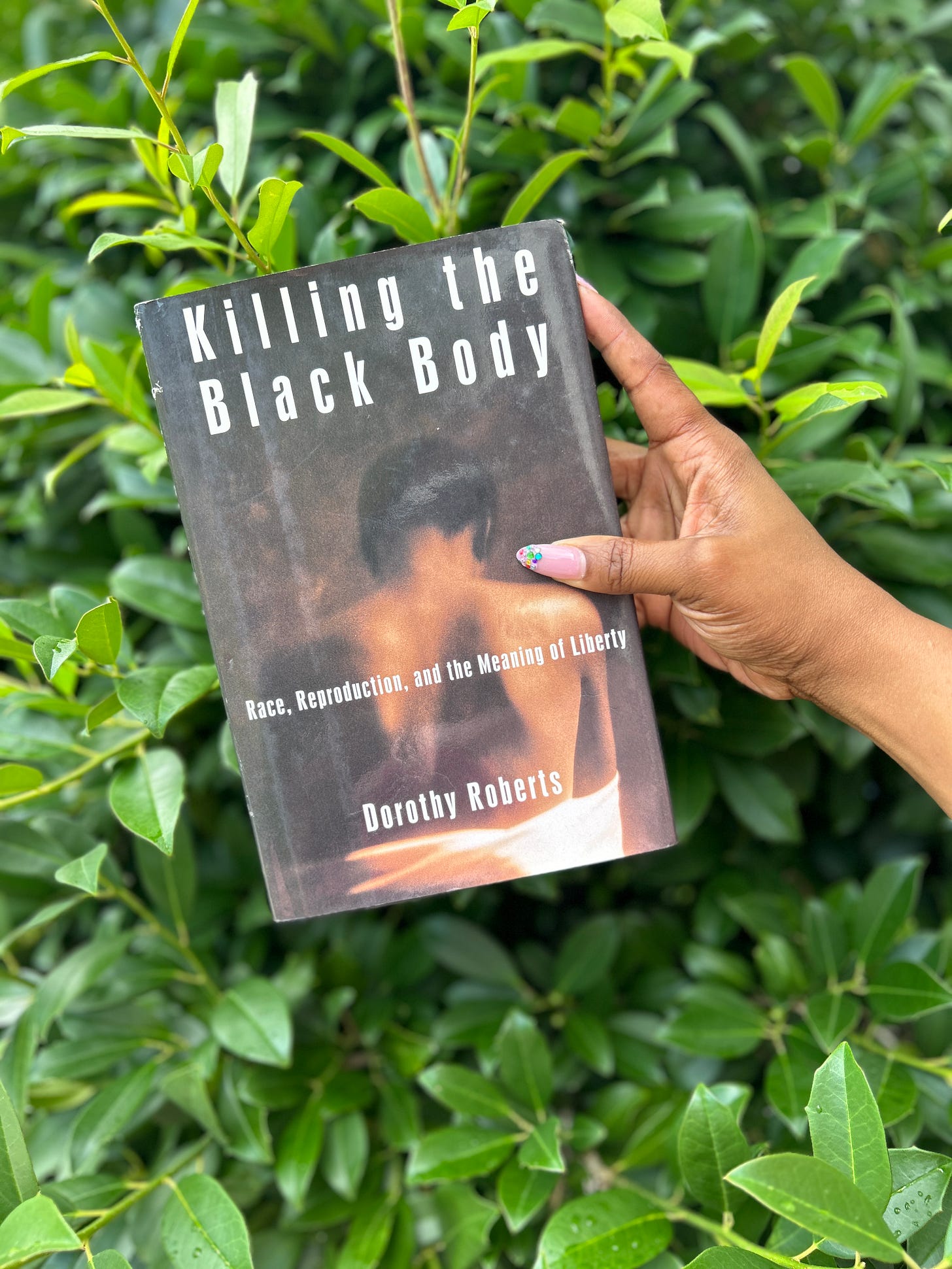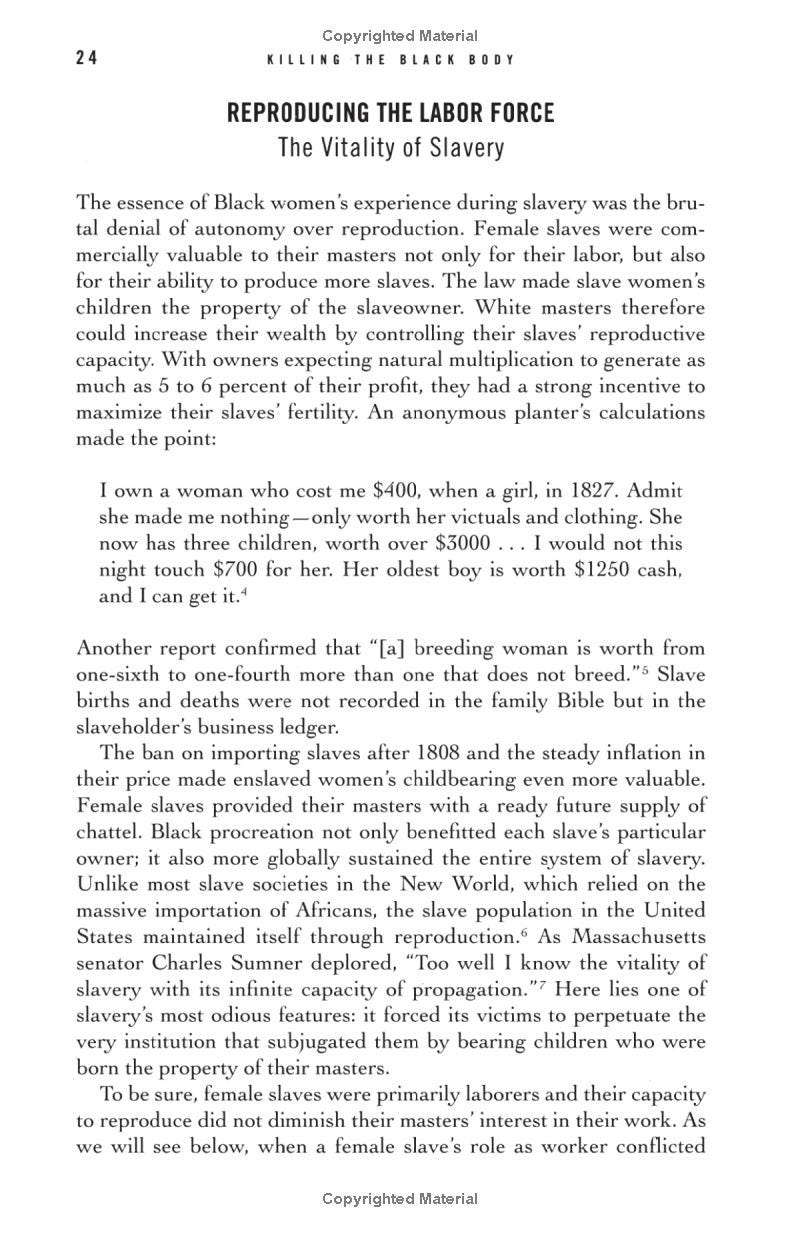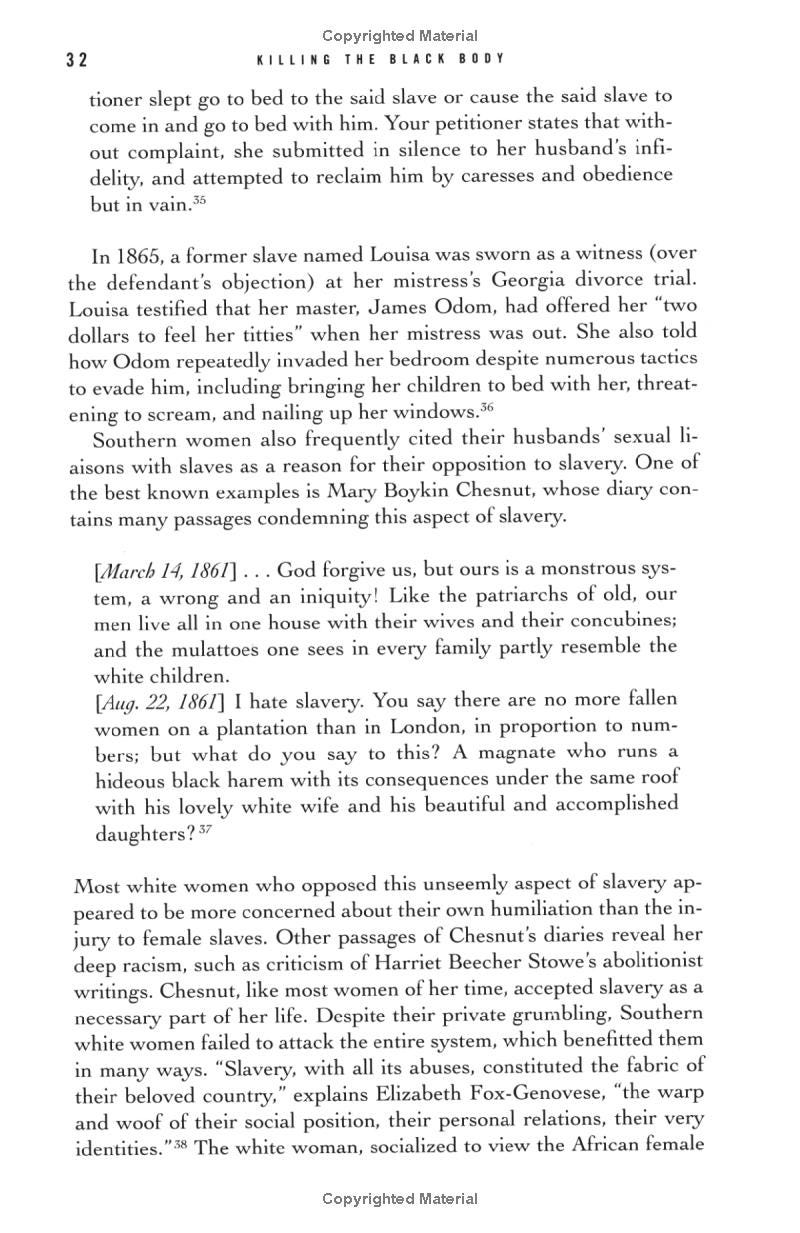They Didn't Want Our Children. They Wanted Our Silence.
A REMIND Lab, a community committed to racial justice and reproductive rights. Today's Book Club Reflection is on Dorothy Roberts' Killing the Black Body.
Killing the Black Body by Dorothy Roberts is not just a book; it's a transformative experience. It didn't just teach me something new; it validated everything I've been carrying for over a decade. The feeling that something very wrong happened to me in that hospital, and it wasn't just 'a complication.' It was a pattern. A structure. A design.
This isn't a formal review. This is me, talking to you, about a book that wrecked me and rebuilt me in the same breath. Paragraph by paragraph. Truth by truth. Just like we would in a real book club, where we share our personal experiences and insights, and where the book becomes a catalyst for deep, meaningful conversations.
Let me start here: I didn't expect to be triggered. I thought I was past that. But there I was, back in the hospital room, remembering the nurse who accused me of being on drugs. I hadn't taken anything. I was in a coma. I didn't even know I had delivered yet. And she was talking to me like I was some addict who needed to be managed. I looked down, and my stomach was still round. I didn't know where my baby was. And all I could whisper was, "Where's my baby?" The nurse, a white woman, didn't blink. She just told me they had taken her to the nursery. I said I named her Raegan, but let her choose the spelling. That detail has stuck with me for years—the way she said it like I didn't matter. Like the coma had turned me into a side character in my own life.
Reading Roberts made it all click. The way she outlines how Black women have always been treated in medical systems—as property, as threats, as experiments. Not as patients. Not as mothers. Not as people. She takes us from slavery to the so-called "crack baby" era to the push for long-acting birth control like Norplant and shows how each of these moments is not an isolated abuse—it's part of a long-term strategy. To regulate us. To shame us. To make sure we reproduce only under the terms of whiteness and the state. But understanding this, we are empowered to change it.
The chapter on Norplant sent me into a spiral. I wrote notes in the margins, as if I were arguing with a ghost. Judges were giving women the option: go to jail, or get Norplant implanted in your arm. Social workers weren't just offering Norplant; they were pushing it as if it were some gift. Like they were doing us a favor. What stayed with me was how none of it was treated as a force of nature. It was dressed up as "being responsible." Like controlling our fertility was the responsible thing to do, not for ourselves, but for society. We were supposed to feel grateful. What an absolute load of crap. Like someone had stepped in to save us from ourselves, that's the power of what Dorothy Roberts reveals: how deeply language is manipulated to make systemic harm sound like compassion.
Later in the book, Roberts breaks down how the image of the "unfit Black mother" was constructed on purpose. And I mean built. With media campaigns. With politicians' soundbites. With welfare policy. Black women were accused of being hypersexual, too fertile, unable to parent, and a burden on the state. And this image wasn't just harmful—it was used to justify legal action against the individual. Kids taken away. Mothers criminalized. Whole families are destabilized and then blamed for their instability. I kept thinking about all the women I know who have had their children watched closely by CPS, who couldn't give birth without feeling like someone in the room was waiting for them to fail.
And then, of course, there's the silence around our actual deaths. Around the fact that we're dying during pregnancy, after pregnancy, in childbirth rooms, and quiet suicides and murders, no one counts as "maternal." Roberts doesn't stop at describing the injustice. She demands that we name it. That we stop letting the state pretend it's neutral. We need to stop letting hospitals call this negligence. It's targeted neglect. And in many cases, it's violence.
This book is hard. But it's not hard because it's theoretical. It's hard because it's real. It's your cousin's story. It's your friend's postpartum nightmare. It's your mom's fear. It's your trauma reworded, recontextualized, and finally validated. Reading this book, you will feel understood and acknowledged.
I must admit, I've read this book more than once now. I mark it up like scripture. I keep it on the shelf close by, because every time I see another maternal death in the news, another Black mother ignored, another sterilization lawsuit from a prison, I know it's not new. And I go back to the book, and Dorothy is still there, reminding me that I'm not crazy. This is real. And we've always been the evidence.
In the paid version of this article, I'm going to break the whole thing down. Page by page. Policy by policy. Because if you're with me in REMIND Lab, you deserve to know exactly what we're fighting. This isn't a passion project. This is my life's work. And I want you to have every word of it, because this book is not just a personal reflection but a call to action for our work in the REMIND Lab.
But for now, read this book. Sit with it. Let it wreck you if it needs to. Then come back. Because we're not done talking about this. We're just getting started.
—
Citation:
Roberts, Dorothy. Killing the Black Body: Race, Reproduction, and the Meaning of Liberty. New York: Pantheon Books, 1997.
—
This is Zsanine for REMIND Lab… remember…
They didn't count on us remembering.
But we do. Every word. Every scar.
We're reading now. Together. And together, we can make a difference.






